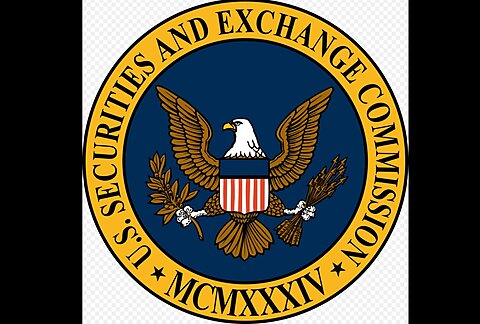
Jennifer J. Schulp
Last week, the Securities and Exchange Commission (SEC) finalized new rules relating to special purpose acquisition companies (SPACs). SPACs are formed to raise money to complete a merger with a private company, which then assumes the SPAC’s place as a publicly traded company.
The SEC’s new rules unfairly impose higher burdens on SPACs than on traditional initial public offerings and, as SEC Commissioner Hester Peirce recognized, “will render SPACs a much less useful pathway for companies to enter the public markets.” That’s a harmful result for entrepreneurs and investors alike, both of whom suffer when options to access the public markets are limited.
These new SPAC rules are bad enough, but buried within the SEC’s rule release is guidance with a broader, and potentially more damaging, reach.
The SEC’s guidance interprets the Investment Company Act of 1940, which regulates companies that are primarily engaged in investing and whose own securities are offered to the public (like mutual funds). And the new interpretation makes SPACs—but not just SPACs—vulnerable to the SEC determinations that they are investment companies and should be regulated as such.
In the rulemaking process, the SEC grappled with how to treat SPACs under the Investment Company Act. The SEC’s concern was largely that “the longer a SPAC” operates before merging with a target company, “the more likely investors will come to view the SPAC as a fund‐like investment.”
That premise is flawed, and as SEC commissioner Mark Uyeda explains, judging an entity’s investment company status by the length of time it has been operating is not the right test. In order to be an investment company, a securities issuer must be engaged “in the business of investing, reinvesting, or trading in securities.” While some SPACs might be using investor proceeds in that way, the fact that a SPAC hasn’t merged with a private company within a set period of time isn’t really relevant to that inquiry.
But the SEC nevertheless issued guidance suggesting that a SPAC that operates for a period of more than 12 or 18 months before completing a merger with a private company may be required to register as an investment company. That’s a problem for SPACs, which have often operated with deadlines of 18–24 months to complete their transactions.
The guidance, though, isn’t just a problem for SPACs. For example, a pharmaceutical company that raises money for research and development, manages that money with investments while building its business, and takes more than a year to bring a drug to market may be vulnerable under the SEC’s guidance. Such an arrangement isn’t uncommon for biotech companies. Indeed, pharmaceutical company Moderna, which went public in 2018, didn’t produce a market‐ready vaccine until 2020. The same goes for other ventures—like air taxi or mining companies—that require a large infusion of capital for product development, as well as any company that temporarily receives investment income while building a product.
Such companies are not meant to fall within the bounds of the Investment Company Act. They aren’t mutual funds or the like, and those who invest in these companies aren’t looking to make gains based on the company’s investing skills. But the SEC’s guidance suggests that these companies, to be safe, may have to register as investment companies (or ensure that they take no more than a year to bring a product to market after raising money).
At best, investment company status is a distraction for a company; at worst, it’s a barrier to the company’s existence. Being a registered investment company is no small undertaking. Law and regulation specify the activities that an investment company can engage in, require initial and ongoing disclosures to investors, and contain requirements around how such companies are organized. Investment companies must abide by rules covering accounting methodologies, recordkeeping, and auditing, among other rules regarding the fiduciary duties that they owe to their investors.
Non‐financial companies should be focused—both financially and operationally—on their products, not on complying with SEC investment company regulations. The SEC should not be affecting the production of goods and services by subjecting these companies to arbitrary timelines. And economic growth should not be slowed because entrepreneurs fear treading in this new minefield.
While guidance, which isn’t subject to notice and comment rulemaking, shouldn’t have the force of law, the SEC confirmed the Division of Enforcement would consult this guidance when analyzing whether a company is required to register as an investment company. With that in mind, it’s easy to see how many companies—SPAC and non-SPAC—will treat the specified time periods as “ironclad deadlines.”
While the broader set of new rules for SPACs are likely to put the nail in the SPAC coffin, this guidance is an unwelcome continuation of the SEC’s quest to broaden its regulatory reach by placing a host of non‐financial companies at risk of regulation under the Investment Company Act.








